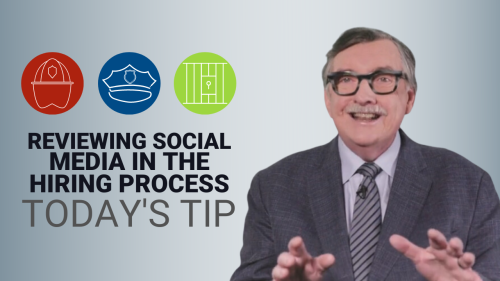Moving into a leadership role can be an exhilarating and proud moment; it can also be a daunting one. Whether you’re paid or volunteer, working for a department large or small, all new leaders face similar career development opportunities and administrative challenges. To be a successful new leader, you will need to identify the support systems, processes and tools to maximize the opportunities and clear the hurdles.
SA¹ú¼Ê´«Ã½â€™s Leader Playbook is one such tool to increase your effectiveness as a new leader, helping enhance your leadership KSAs, develop trust among your medics, and build your confidence. The Playbook offers a wealth of resources as you grow into your position of authority and move beyond basic management and supervision skills to lead and inspire with integrity and passion.
The Leader Playbook spotlights the most vital areas of growth and responsibility for new EMS leaders, focusing on how you can be a servant leader, support department policies and create a culture that fosters continuous improvement among all members, including yourself. Learn from other new leaders featured in profiles or interviews, sharing their stories of continuous leadership improvement. Connect and collaborate with your peers to expand your network, elevate your leadership profile and learn best practices to navigate the most common leadership quandaries and opportunities.
- Pinnacle 2024 Quick Take: Harnessing emotional energy
- Book excerpt: ‘EMS in the United States: Fragmented Past, Future of Opportunity’
- Cultivating the next generation of EMS
- Strategic thinking: Your roadmap to achieving leadership goals
- Alternate discipline programs: How to keep employees engaged after being disciplined

















